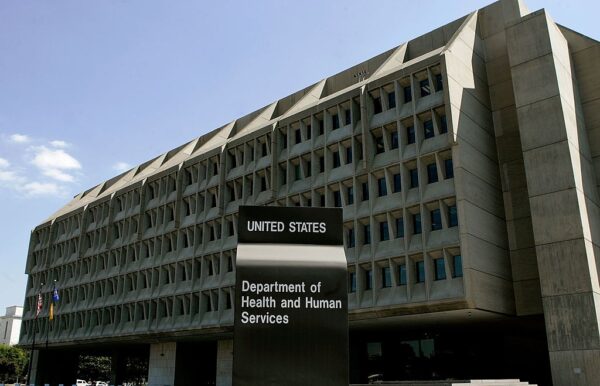
A federal health official who said he faced retaliation over objections to the promotion of two unproven malaria drugs for Covid-19 alleges in a whistleblower complaint that his removal followed three years of tensions with Department of Health and Human Services leadership over contracts worth tens of millions of dollars issued on the basis of political connections rather than science.
Rick Bright, who was removed last month from his position as director of the Biomedical Advanced Research and Development Authority after serving in it since 2016 and transferred to a more limited position at the National Institutes of Health, formally filed an 89-page whistleblower complaint Tuesday with the Office of the Special Counsel. Bright is being represented by Katz, Marshall & Banks, a law firm specializing in whistleblower cases.

With the Rise of AI, What IP Disputes in Healthcare Are Likely to Emerge?
Munck Wilson Mandala Partner Greg Howison shared his perspective on some of the legal ramifications around AI, IP, connected devices and the data they generate, in response to emailed questions.
At the time of his removal from BARDA, HHS said the action was “part of a bold plan to accelerate the development and deployment of novel point-of-care testing platforms” and that he would be chosen to lead a “shark tank” effort to develop a Covid-19 test. However, Bright released a statement saying that it was over his insistence that government money be invested in “safe and scientifically vetted” solutions for Covid-19 rather than in “drugs, vaccines and other technologies that lack scientific merit.”
In the complaint, Bright alleges that he faced retaliation after resisting efforts to promote broad use of hydroxychloroquine and chloroquine on the basis of their safety problems and lack of scientific support for such use. The Trump administration had aggressively promoted the drugs as a “game changer” for the disease despite shaky data to support their use. Controversially, the Food and Drug Administration did issue a limited emergency use authorization for the drugs’ use in Covid-19, in response to a request by Bright, but subsequently stated they should not be used outside a hospital setting.
Nevertheless, while Bright’s objections and an anonymous interview he gave to a journalist may have been the final straw leading to his removal, the report states that HHS Secretary Alex Azar and Assistant Secretary for Preparedness and Response (ASPR) Robert Kadlec, Bright’s immediate supervisor, had already been “gunning” for his removal for complaints he had been raising well before the Covid-19 pandemic.
Bright alleges that around spring 2017, HHS leaders began pressuring him to award BARDA contracts on the basis of political connections and cronyism rather than the expert opinions of scientists, as it has historically done. He also clashed with Kadlec over an outsized role played by a pharmaceutical industry consultant who was Kadlec’s friend.
This included pressure from the consultant and ASPR staff to extend the contract for a company that an expert review had concluded should be allowed to expire, because the company’s CEO was a friend of President Donald Trump’s son-in-law and senior adviser, Jared Kushner. Bright was allegedly also told to direct $40 million to the Strategic National Stockpile to buy supplies of the generic flu drug oseltamivir from a company that was one of the consultant’s clients, and to award a contract to both Amgen and another of the consultant’s client companies for their radiation exposure drugs rather than to Amgen alone, as BARDA had recommended. Bright allegedly later learned that Kadlec’s office had given the consultant’s client company $55 million to be the sole source. And in the fall of last year, Bright states he rejected pressure to invest millions in a drug developed by a scientist at Emory University who was a friend of Kadlec’s that was promoted as a “miracle cure” for a multitude of viruses ranging from influenza to Ebola despite no controlled clinical trials to support that claim.
Subsequent to his removal as BARDA director – a position in which he seeks to be reinstated – Bright was transferred to a narrower position at the National Institutes of Health.
“Dr. Bright was transferred to NIH to work on diagnostics testing – critical to combating Covid-19 – where he has been entrusted to spend upwards of $1 billion to advance that effort,” HHS spokesperson Caitlin Oakley wrote in an emailed statement. “We are deeply disappointed that he has not shown up to work on behalf of the American people and lead on this critical endeavor.”
Photo: Mark Wilson, Getty Images















